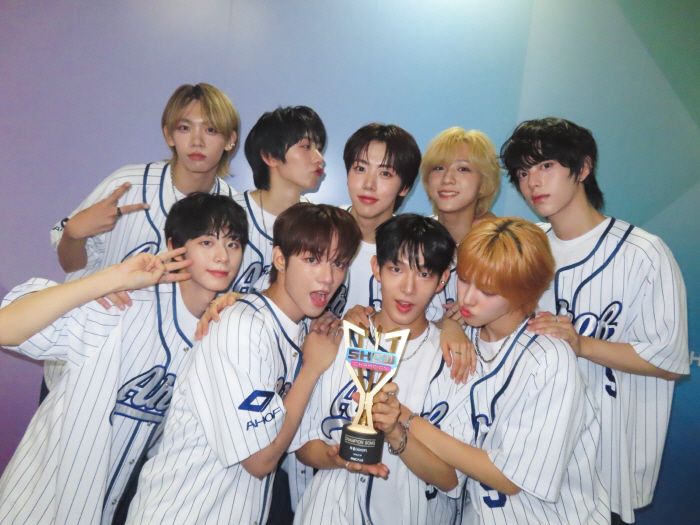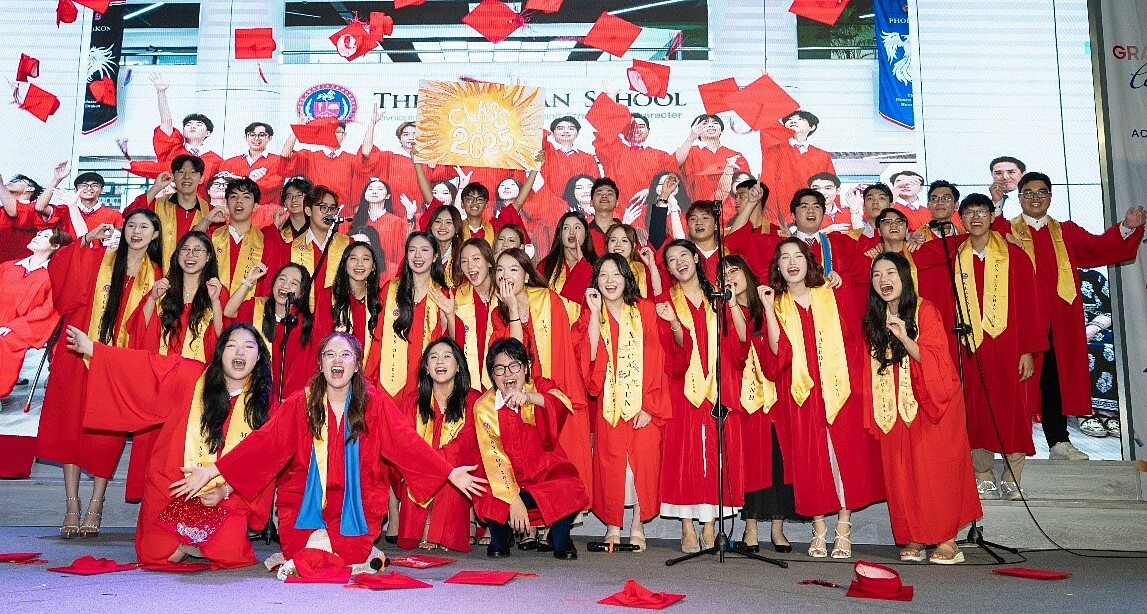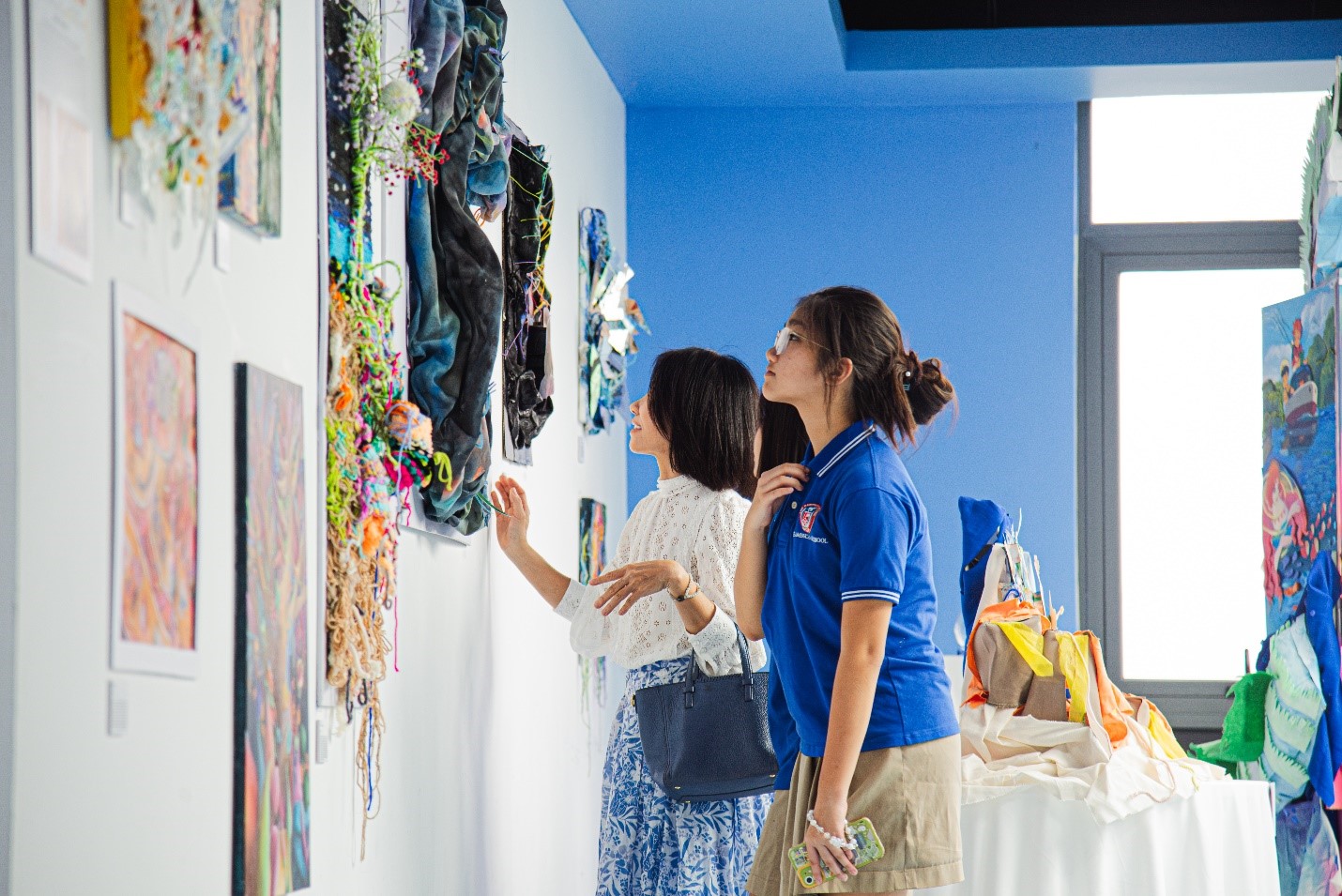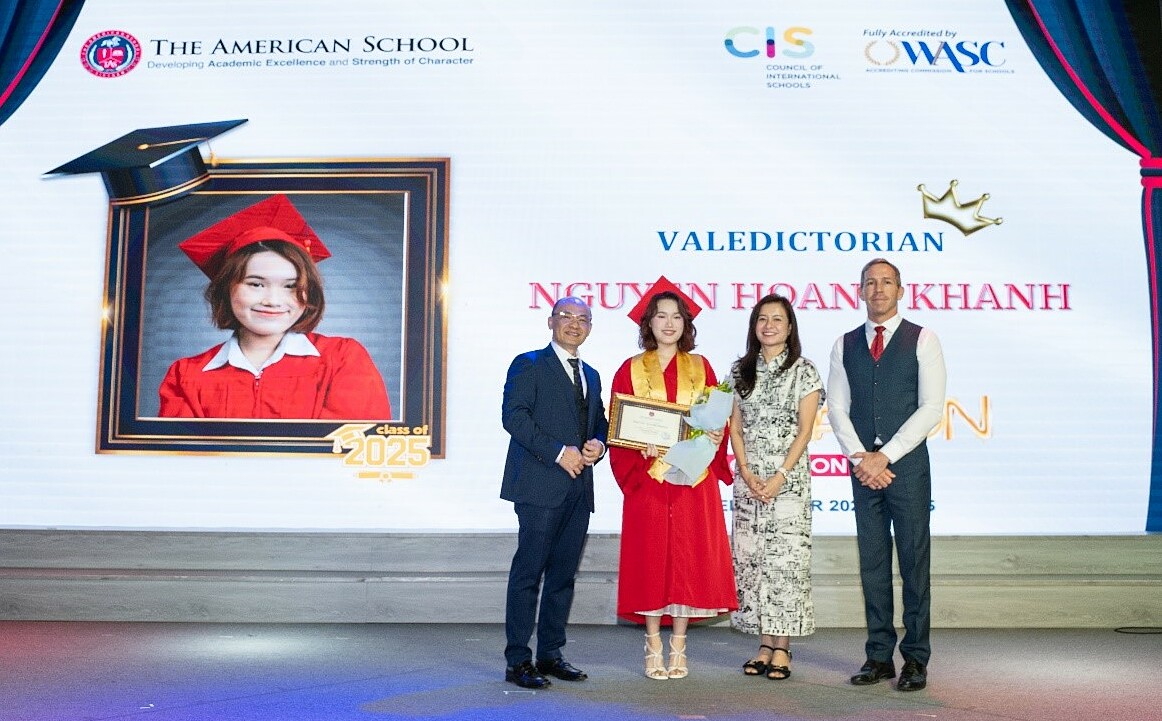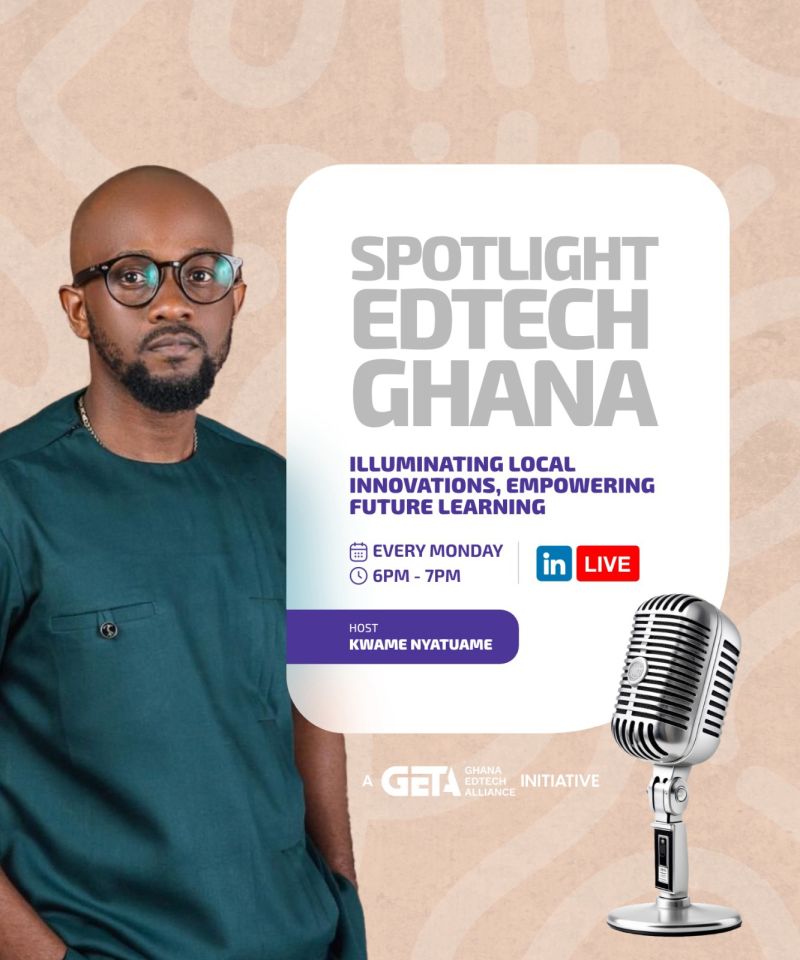
It's a Thursday morning at a modest public school in Ho. A group of JHS students gather eagerly around one laptop.
They aren't just having fun—they're creating basic code that causes a cat to move on the screen using Scratch, a graphical programming platform designed for newcomers. The laughter is noticeable, but even more prominent is the sound of the future resonating within that small classroom.
That's the significance of incorporating coding education in schools—it goes beyond merely producing software engineers. It's about equipping young individuals to comprehend, influence, and succeed in a digital-first economy that is already present. In this piece, we examine what coding in schools truly signifies for Ghana's growth, why it has become more crucial than ever, and how we can implement it effectively.
Why coding? Why now?
Coding is frequently referred to as the "literacy of the future." However, let's examine it closely. Similar to how learning to read enables us to comprehend our surroundings, learning to code empowers us to build and shape the digital world. We reside in a society driven by technology.
From the applications used to order meals, to the systems that handle banking, elections, and our medical records, software is quietly controlling everything. Those who can comprehend and develop this software are not just employees—they are designers of tomorrow. Therefore, when we educate children on programming, we are doing more than just filling their minds with code. We are helping them learn to think in a structured way, tackle challenges, and come up with solutions for themselves and their neighborhoods.
The rising enthusiasm for programming in Ghana
It's true that Ghana is beginning to recognize this situation. In 2019, the Ministry of Education launched the Coding for Kids initiative, teaching fundamental programming abilities in certain public schools. By 2024, more than 250 primary schools in the Greater Accra and Ashanti regions have incorporated coding into their ICT syllabus—with intentions to extend it nationwide.
Several prominent Ghanaian Edtech projects in this area are:
- Ghana Code Club –Established by Ernestina Appiah, this non-profit organization has exposed more than 20,000 children to programming through engaging, interactive approaches such as Scratch and Python.
- Soronko Academy –The first coding and human-centered design institution for girls in Africa, established by Regina Honu. Soronko has equipped thousands of girls from marginalized communities with coding skills and the ambition to achieve great things.
- Young and Heart Ghana –Via their Learning Lions initiative, they employ storytelling and game-based technological education to introduce children to digital abilities, such as fundamental programming concepts.
These efforts go beyond instructing in programming—they are transforming people's lives.
The African setting – A significant chance, an even greater duty
Throughout the continent, significant efforts are being made. Rwanda introduced coding as a required subject in schools in 2019. South Africa implemented a comprehensive coding curriculum for Grades R–9 in 2023. Kenya and Nigeria have put substantial resources into training teachers for digital skills education. According to a World Economic Forum report (2023), Africa's digital economy could reach US$712 billion by 2050—but only if we develop a workforce skilled in digital technologies. In Ghana, the Ghana Statistical Service and UNICEF note that fewer than 30 percent of basic school teachers feel confident incorporating digital tools into their teaching. This is a gap that needs to be addressed urgently.
The actual impact of programming on national development
Let’s bring this home.
Programming goes beyond creating applications. It's about developing mindsets—those essential for crafting a Ghana that we can all be proud of:
- Young individuals equipped with the skills to leverage technology for addressing challenges within their local areas.
- Skilled individuals capable of securing positions within Ghana's technology sector—or launching their own ventures.
- Bold visionaries who don't merely use technology but develop it.
- Innovators who create with compassion, keeping their community at heart.
- Patriotic individuals who recognize that Ghana's future will be shaped not through assistance, but through innovative thoughts.
Picture young individuals developing waste management solutions through IoT, farmers utilizing AI-driven applications crafted by local programmers, or students designing platforms to aid learning in their mother tongues. This is the Ghana we need to code into reality.
But… Are we ready?
Certainly, there are difficulties.
- Infrastructure: Numerous rural schools do not have access to computers or consistent power, let alone Wi-Fi.
- Teacher Development: Many educators find programming challenging. Without adequate instruction, implementation may face delays.
- Educational Structure: The present learning system continues to emphasize memorization, rather than fostering innovative thinking.
However, none of these difficulties are impossible to overcome. Through targeted investments, effective collaborations, and strong political commitment, Ghana has the potential to serve as an example of inclusive, technology-based education across Africa.
What steps can be taken?
- National programming curriculum – Ghana should officially integrate coding at the primary school level and develop a structured, culturally appropriate program.
- Support professional development for teachers – Provide our education professionals not only with technology, but also with self-assurance. A teacher proficient in digital skills plays a key role in shaping a country's future.
- Back local Edtech ventures – indigenous platforms have the deepest understanding of the Ghanaian environment. Let's invest in and expand them.
- Make programming enjoyable and relevant – Employ narratives, game elements, and practical projects that resonate with students' experiences – such as developing an app to report broken water wells or monitor market costs.
- Focus on girls and marginalized groups – fairness should be the core principle. Digital skills should not turn into a means that increases social inequalities.
Last reflections – Beyond a talent, a super ability
Frequently, we discuss the importance of expanding Ghana's economy beyond gold and cocoa. However, the most significant asset we possess is not found in the ground. It resides within the minds of our students. If we can educate them to code—encourage critical thinking, construction, learning from failure, perseverance, and innovation—we are not merely imparting a professional skill. We are bestowing upon them a remarkable ability.
A capability to envision. To address challenges. To create. And above all, to dream and bring forth a more improved, courageous Ghana. Let's incorporate this into our nation's narrative—one line of code at a time.
>>>Next in the Series: ‘Working Beyond Borders – How Pan-African Edtech Collaborations Can Create Wide-Ranging Effects’
Sources:
- World Economic Forum Africa Digital Economy Report (2023)
- Ghana Statistical Service and UNICEF Ghana Digital Skills Report (2024)
- Kids' Coding Pilot Program Report – Ministry of Education, Ghana
- Soronko Academy Annual Impact Report (2023)
- Ghana Code Club Data (2023)
>>>the author is an edtech enthusiast, writer, and president of the ghana edtech alliance. he is dedicated to leveraging storytelling to highlight the impact of educational technology in changing lives throughout africa. he can be contacted throughghanaedtechalliance@gmail.com
Provided by SyndiGate Media Inc. (Syndigate.info).